Helia Bidad
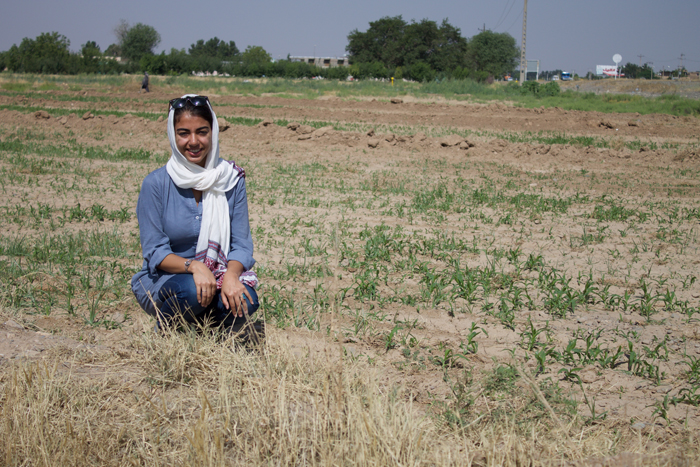
Ninety percent of the world’s saffron is grown in Iran and 90% of saffron in Iran is grown in the Khorasan Province. Saffron production as a traditional farming system is developing in its relationship with climate change and with the spread of technology into agriculture. Understanding how farmers view and interact with these developments is important in understanding saffron as a traditional farming system in Iran. Through in-person interviews in Iran and secondary research, Helia will analyze the perspectives of saffron farmers in Khorasan on climate change, what impacts they […]
Allyn Benintendi
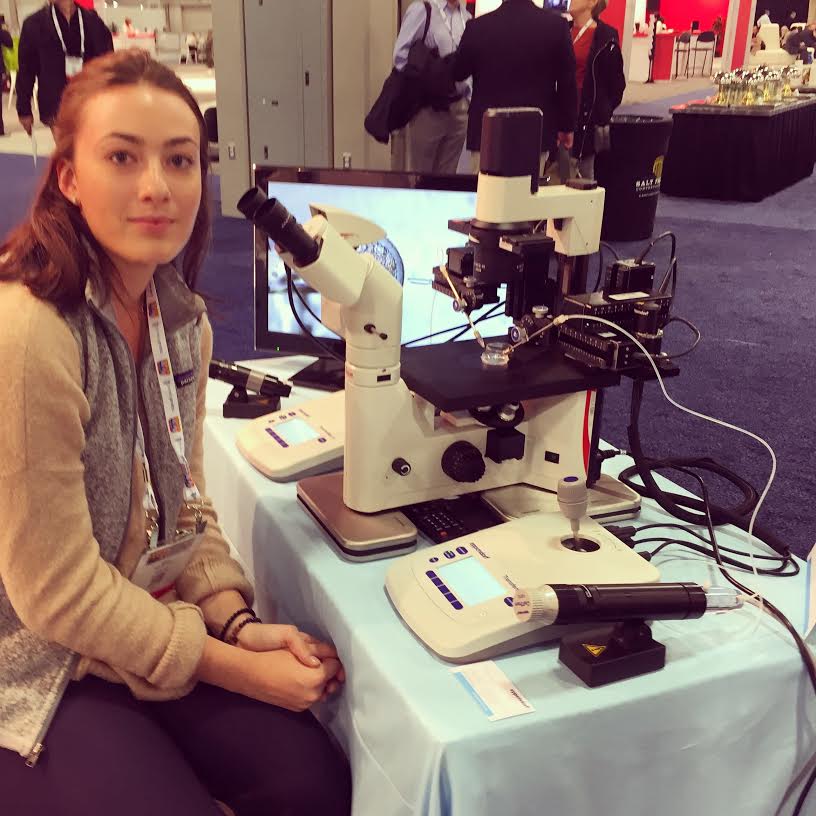
In 2012, the experimental label was lifted from the social freezing and banking of oocytes (oocyte cryopreservation or egg freezing), an intense procedure allowing postponement of motherhood. Two years later, major Silicon Valley based tech companies introduced egg freezing in benefits packages an addition mirroring mounting pressure in tech to hire women and the perception of motherhood as an untimely career interruption. How are women negotiating the vital promise of egg freezing, their sovereignty, the physical complications and social, moral, ethical, and political implications of the procedure? How does this […]
Juan Manuel Vélez
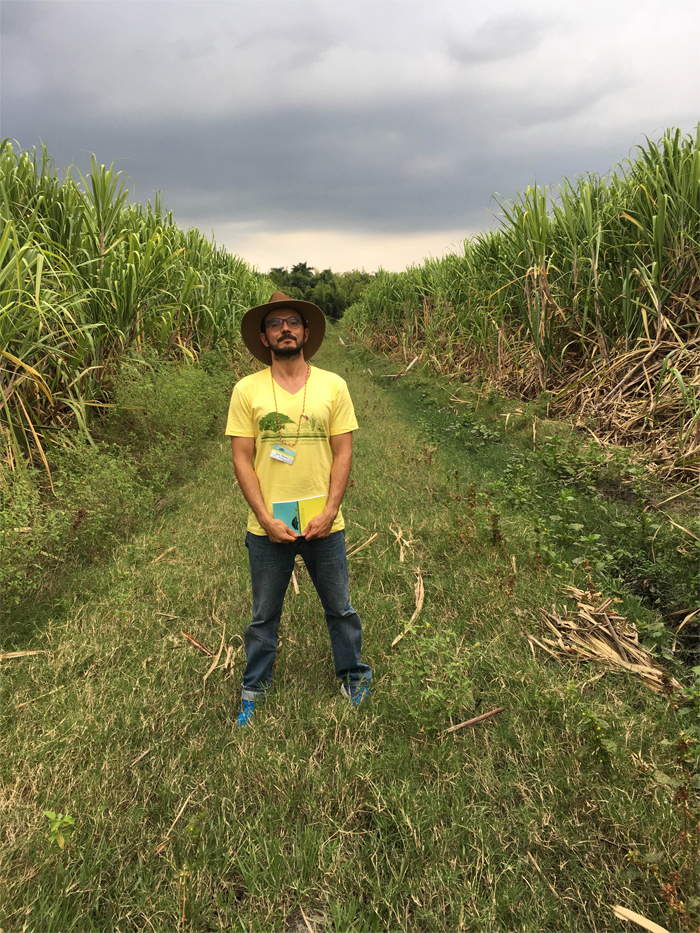
Juan Manuel’s research seeks to understand how Colombian farmers have politicized their relationship with seeds. Some farmers consider recent state policies restricting seed-saving and seed-trading as a form of dispossession. Such policies have politicized their relationship with seeds regarding their control and preservation to protect their livelihoods, their cultural identities and their territories. By interviewing farmers and experts in Colombia this summer, Juan hopes to understand the implications of state policies regarding seeds for farmers and the tensions between the positions of farmers and the government, and locate the possible […]
Justin Baik
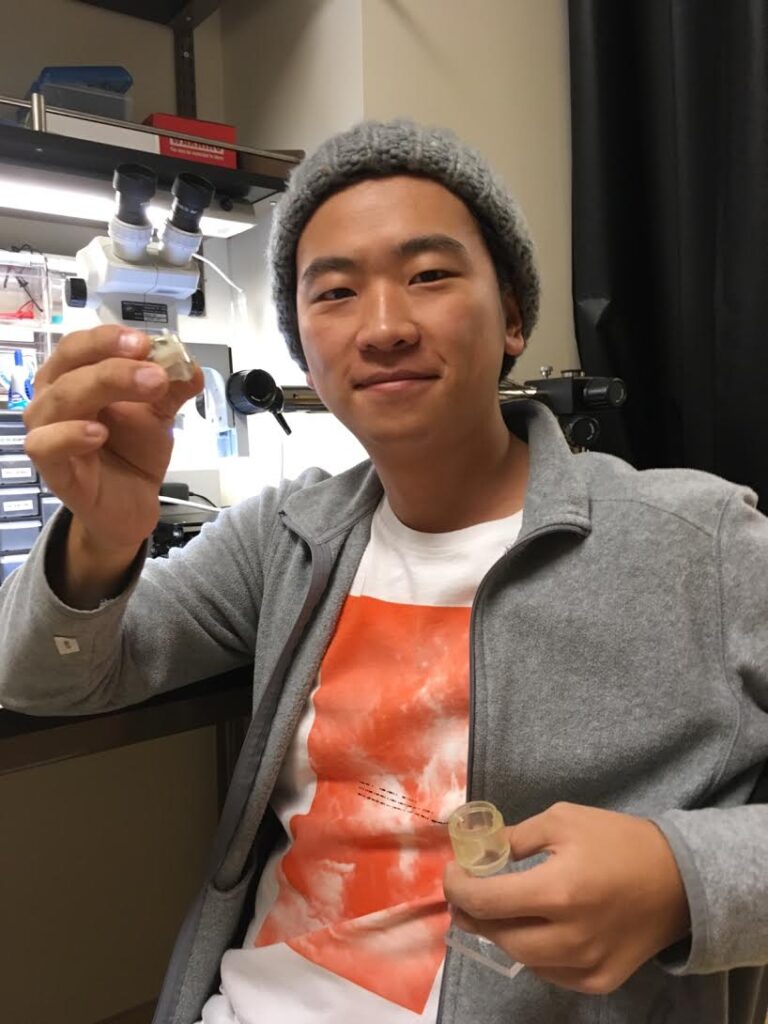
How does the brain convert sensory information to help us navigate around space? Spatial learning is what Justin believes to be the key in building the bridge between sensory input and navigation. The striatum, a region of the mammalian brain known to be crucial for spatial learning, will be deeply examined using the methods of optogenetics. In his project, Justin will be building methods to optically control striatal regions of freely behaving bats, and examine the neural circuitry that allows their sophisticated navigation around complex environments to be made possible. […]
Clint Terrell
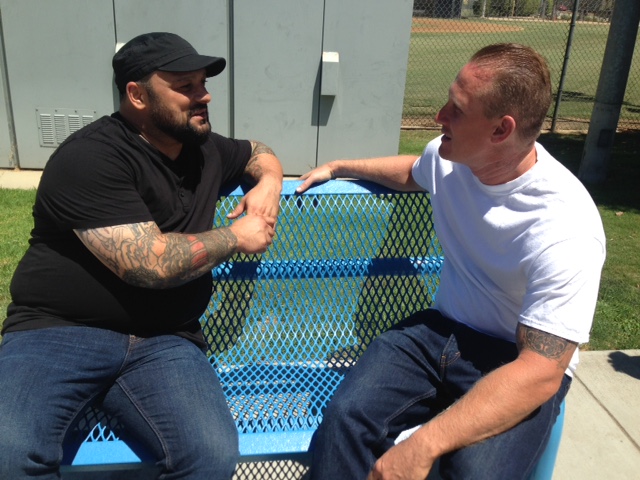
There has been a great deal of research on autobiographical literature that feature Native American captivity narratives, and African American slave narratives, but there is a lack of scholarly work that discusses contemporary prison narratives. Clint will analyze autobiographies, specifically prison, slave, and captivity narratives for their themes of literacy as a faculty of redemption and endurance. These autobiographical texts not only narrate the process of recovery, but serves as part of the restoration process. In addition to research, Clint will produce a creative product consisting of his own autobiographical […]
Ahmad Al-Zughoul
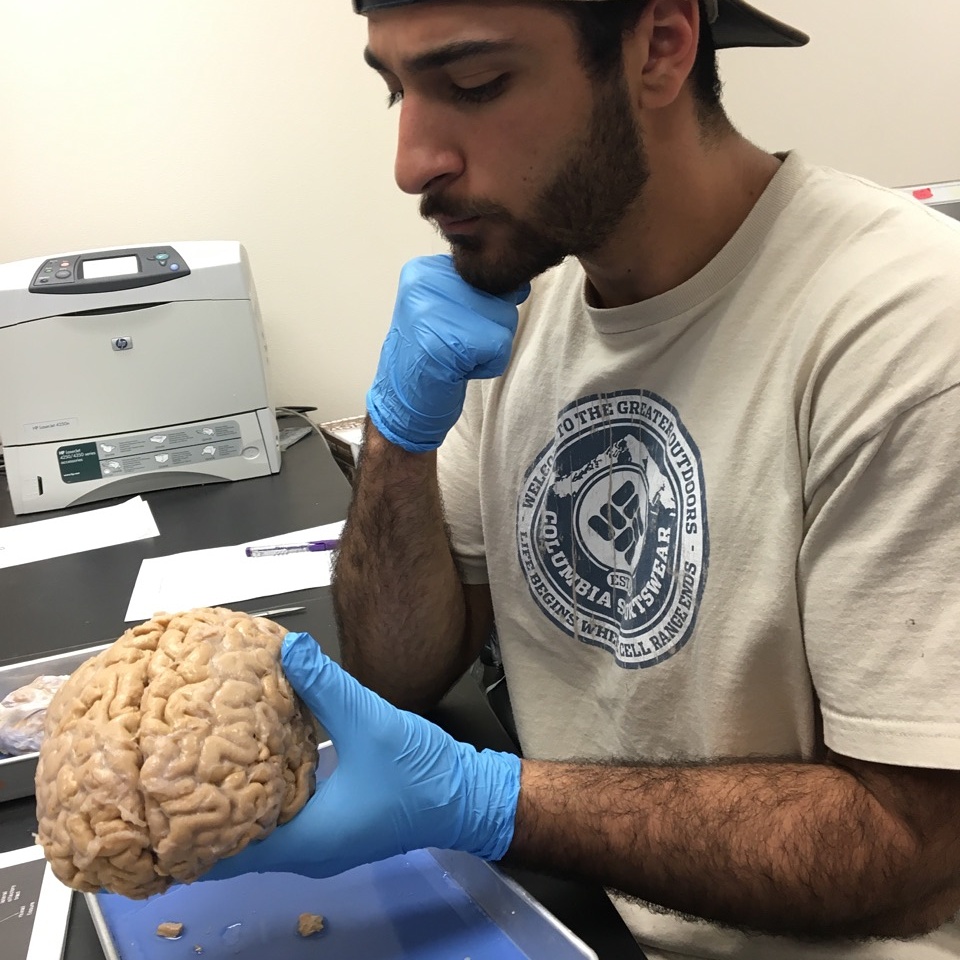
Visual working memory is a limited, short-term mental storage system that holds task-relevant visual information in mind and is important for visually guided behavior. Recent studies have suggested that visual working memory is closely linked to visual perception, implemented in overlapping brain regions and sharing similar brain circuitry. Ahmad’s research project will investigate the effects of the neurotransmitters acetylcholine and dopamine, which are known to play important roles in visual perception and in working memory, respectively, by combining pharmacologic manipulation of these neurotransmitters while measuring behavioral performance in a visual […]
Nicole Rankin
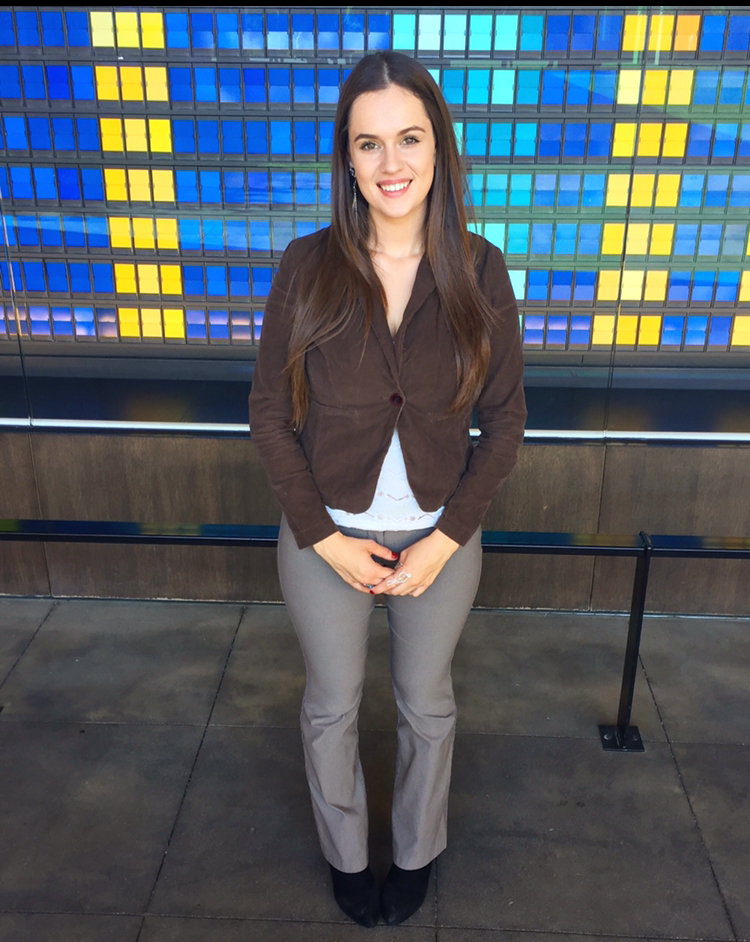
With the rise of political controversy, it is vital to explore what shapes our strong convictions. Moral ideologies are often the foundation of political arguments, and gender differences within morality have been widely disputed. To grasp the complex intersection of gender, morality, and politics, Nicole seeks to examine how gender and political affiliation affect moral choices about gendered politics. Controversial political statements will be morally reframed to align with liberal and conservative ideologies, seeking to find common ground on contemporary social issues. With the intention of swaying men and women, […]
Meaghan Allen
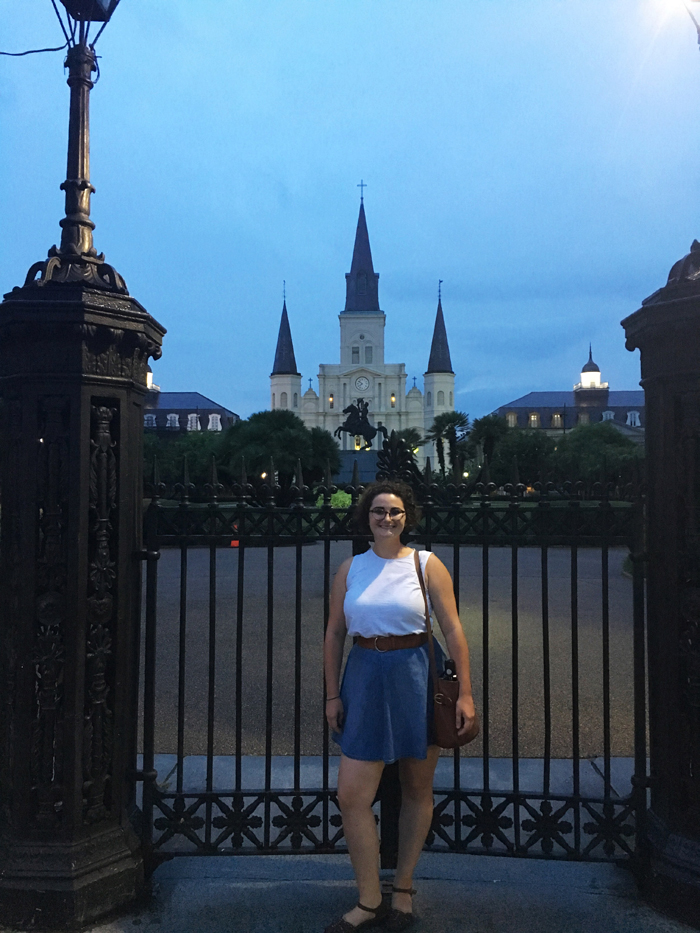
In the 1850s, urban mystery novels explored the sensationalistic imagination of immigrants, aristocrats, and the poor that emerged from mass urbanization in sprawling cities such as Paris, London, and New York. Mixing mystery, vice, myth, and experience into one lurid and melodramatic extravaganza, these novels commented politically, socially, and culturally. Baron Ludwig von Reizenstein’s The Mysteries of New Orleans creates a unique vision of immigrant perspective that challenges and problematizes current understandings of the antebellum American social ethos. Through extensive archival research and cultural absorption in the subject city of […]
Julian Ponce
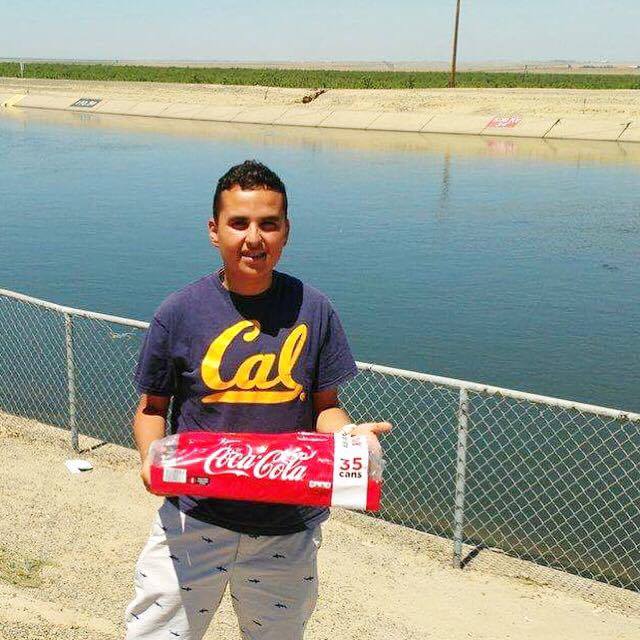
Current Bio: Julian is currently living in NYC and pursuing a Master of Public Health (MPH) degree at Columbia University Mailman School of Public Health in the department of Population and Family Health with a certificate in research methods. Julin has been working on a childhood asthma community based participatory project in San Juan, Puerto Rico and a study on depression and loneliness among retired adults in Santiago, Chile. Haas Scholars Project: Drinking potable tap water has been associated with decreased consumption of sugar-sweetened beverages (SSBs). However, more than one […]
Rosario Torres
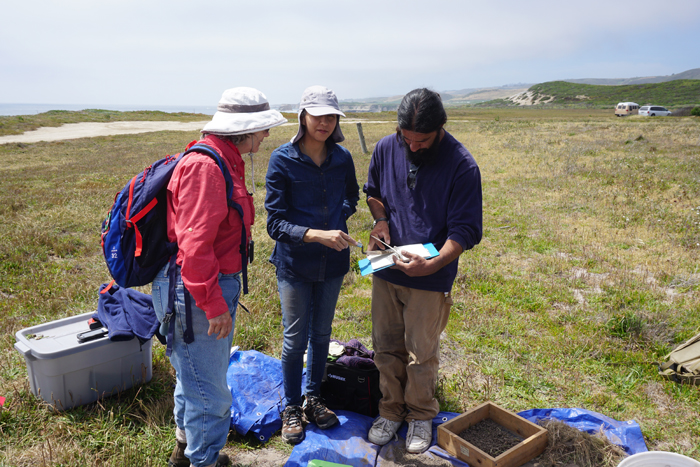
Rosario’s research will be speaking to the debate that abounds in California among archaeologists, ecologists, Native American scholars, and state and Federal agencies regarding the role that Native peoples played in shaping their environments. While some posit Native Californians were the ultimate eco-engineers, actively managing animal and plant communities, other scholars are more skeptical about the degree to which Native Californians managed ecosystems. In addressing some of these questions, Rosario’s research will feature ethnobotanical remains that may be the product of anthropogenic land management practices employed by Native peoples along […]